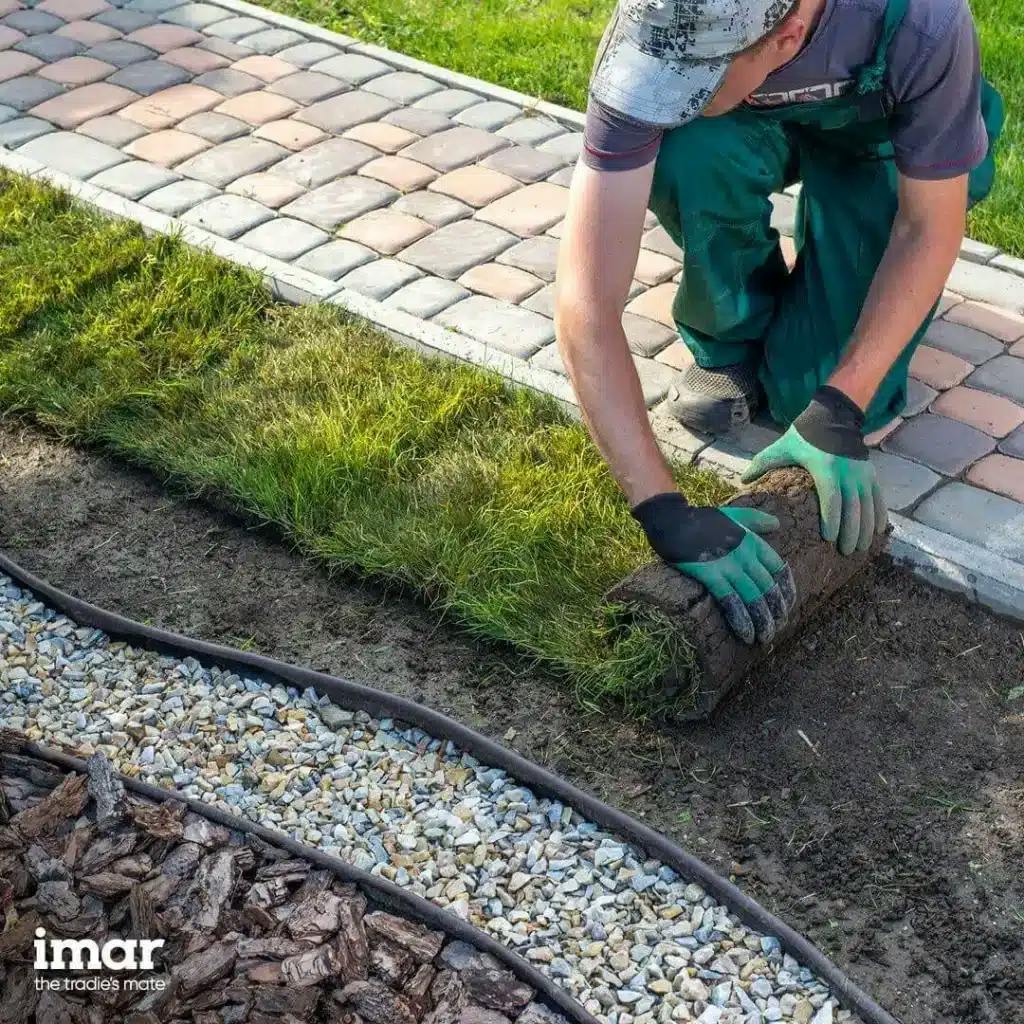As a plumbing business owner, you’re well aware of the hazards and risks your employees face while on the job. Today’s consumers have also grown more assertive of their rights when something doesn’t go the way it should.
Whether you’re a residential or commercial plumber, damage can easily be caused to a home or commercial property. It can happen by accident or due to negligence on your part. Either way, this scenario can lead to an insurance claim. Some claims are more expensive than others, depending on what happened and the strength of the plaintiff’s case.
You want to make sure your business avoids all potential risks that would cause you to pay damages. Although having a plumbers’ insurance policy is the most effective way to protect your finances, there are a few steps you can take to avoid claims against your business.
Below are the three most common claims made against plumbing contractors and how you can avoid them.
Inadequate or faulty services after job completion
This is the most common claim made against plumbers. Sometimes, a plumbing job seems successful right after you do it, only to fail after several days. Faulty or inadequate services include any time a newly installed equipment doesn’t function properly or when you made a mistake that resulted in property damage.
The best way to avoid this issue is to make sure you only take jobs that you’re confident you can handle. You can delegate tasks among your technicians, assigning them projects that are within their specialisation.
Use only quality plumbing supplies and never leave a site without double-checking your repair or installation job.
Another way to avoid an inadequate service claim is to offer complimentary repair services for seven days after the initial project. This lets you correct your repair or installation work while providing excellent customer service. The free service may cost you several dollars, but it’s nothing compared to a hefty insurance claim.
Damage to a customer’s property
Numerous activities can cause property damage. Accidents such as dropping a tool on a porcelain counter or staining an expensive carpet with mud or grease can be considered property damage. Avoid these scenarios by taking extra precautions in every job you get.
Wear disposable shoe covers to prevent mud or snow tracks in the customer’s house. Always bring an absorbent drop cloth to clean up spills or leaks. Cover all fragile surfaces with some padding before starting your repairs.
Also, inspect the site after doing your work to ensure that everything is in order and that you didn’t accidentally damage anything.
Injury to a customer resulting from negligence
Accidents due to your plumbing work can cost you a small fortune in damages, from medical bills to lost wages. Ask your customer to stay in a different room while you work on their plumbing problem. Never allow them to help you with the repairs or installations, even if they offer.
Finally, regularly remind your staff of your safety guidelines. This ensures that they perform their jobs properly and safely, preventing any accidents that can cost you money.
Keep in mind that even if you follow these practices, your business can never be 100 percent free from accidents therefore considering a plumbing insurance policy will protect you and your business from hefty claims.

Business Liability Insurance for All Trades
At imar, we look after the specialist insurance needs of tradies, builders and small businesses. Having been in the business for more than 35 years, we’ve gained expert knowledge on how different industries work. This allows us to provide insurance solutions tailored to your business needs.
Get the coverage you need at the prices you want without the paperwork headaches.
Get a quote for the right insurance plan to protect your plumbing business today.
To the extent that any material on this page may be considered advice, it does not take into account your objectives, needs or financial situation. You should consider whether the advice is appropriate for you and review any relevant Product Disclosure Statement and policy wording before taking out an insurance policy.



